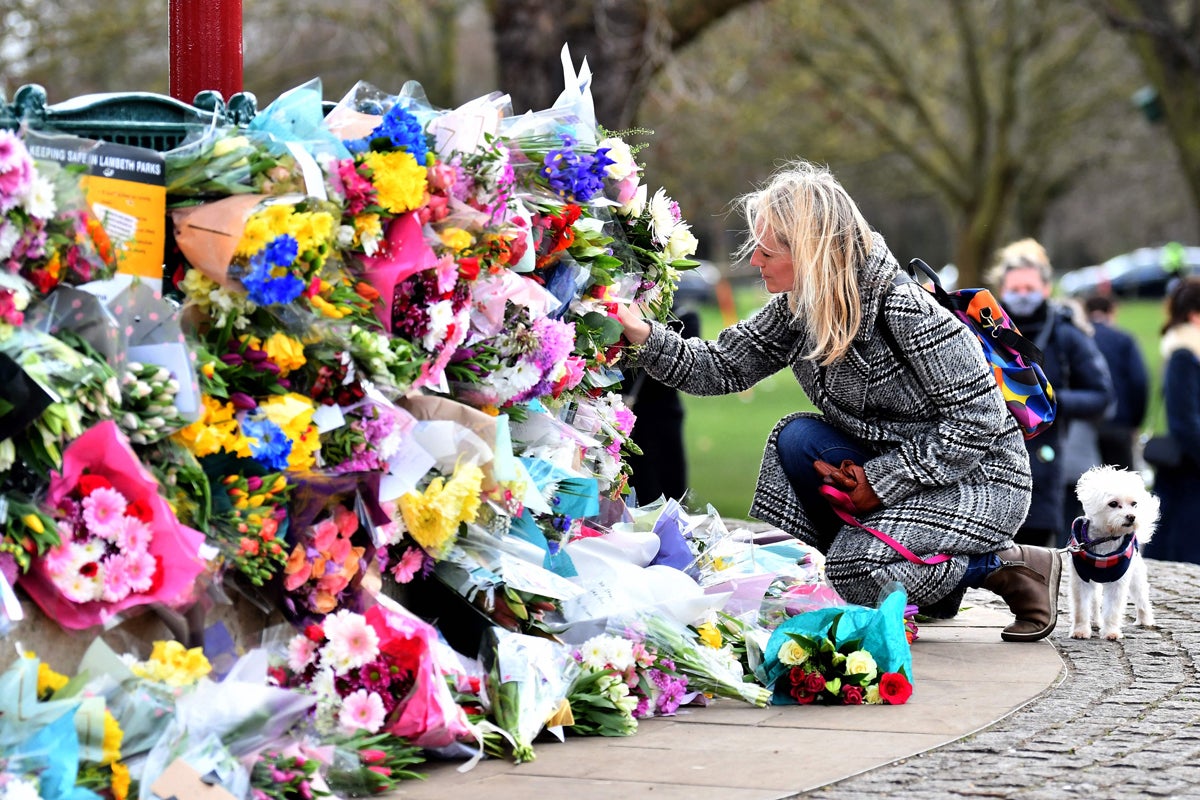The report on the handling of the Clapham Common vigil is too generous to police chiefs
Editorial: The review of policing at the vigil for Sarah Everard is too keen to make excuses for the leadership of the Met

We agree with one of the conclusions of the review, by Her Majesty’s Inspectorate of Constabulary, of the policing of the vigil for Sarah Everard on 13 March. “We found that there are some things the Met could have done better,” the report says. The main thing that the Metropolitan Police could have done better would have been to use its discretion, and to stand back and allow the vigil to carry on, even after a part of it had become noisy and was blatantly in breach of coronavirus rules.
The report is also right to point out that the police were in a “complex” and “challenging” situation, in that the opinion of the public, on whose consent successful policing depends, was divided. The public was shocked by Sarah Everard’s disappearance, and thought it right that people should be allowed to pay their respects, while at the same time demanding that the police should enforce public health law.
To complicate matters further, politicians had passed a badly drafted lockdown law that criminalised free expression and removed the right of protest, which was the real reason the police found themselves in such a difficult position.
However, it is not the role of HM Inspectorate to criticise politicians, which is why one part of the report, in particular, was regrettable. The paragraph accusing “people in positions of responsibility” of “unwarranted” condemnation of the Met’s actions should have been excised. Several political leaders expressed concern about the scenes on Clapham Common on that night, and they were right to do so.
Presumably, this paragraph is a reference to the early call from Ed Davey, leader of the Liberal Democrats, for Cressida Dick, the Met Commissioner, to resign. The Independent did not agree with him – although we did not think Ms Dick handled the situation brilliantly – but as an elected representative he is entitled to form a view, even on the basis of what the report calls “very limited evidence”, and to argue for it. The idea that he “showed a lack of respect for public servants” or that he “undermined public confidence in policing” is the kind of opinion you would expect from a talk show, not from an official report into a situation which also admits that the Met “could have done better”.
Read more:
Overall, the report is too generous to police chiefs at all levels. Anyone can form a view on whether it was a good idea for several officers to hold someone down to arrest them, as in the well-known photograph of Patsy Stevenson. The view that this was a bad idea cannot be dismissed by describing those who hold it as “armchair critics”, as Ken Marsh, chair of the Metropolitan Police Federation, the police trade union, sought to do. Yes, this was a “snapshot on social media”, as the report said, as if this somehow made it untrue. The question which any concerned citizen is entitled to ask is how did a vigil for the victim of a murder come to this?
One former police officer who spoke to The Independent said there are two questions that should always be asked in such situations. First, is there evidence that a law is being broken? Yes, there was; but then there is a second question: is it in the public interest to take action about it? In our view, the answer to that question was no, and there is nothing in the report, which boasts of “reviewing a huge body of evidence”, to persuade us otherwise.
The officers on the ground on Clapham Common that night were given poor instructions by their superiors, and ultimately Ms Dick must take responsibility for that lack of clarity. The HM Inspectorate report, by seeking too diligently to make excuses for the Met leadership, makes it harder for the Met to learn the lessons of its embarrassment on 13 March.
Join our commenting forum
Join thought-provoking conversations, follow other Independent readers and see their replies
Comments